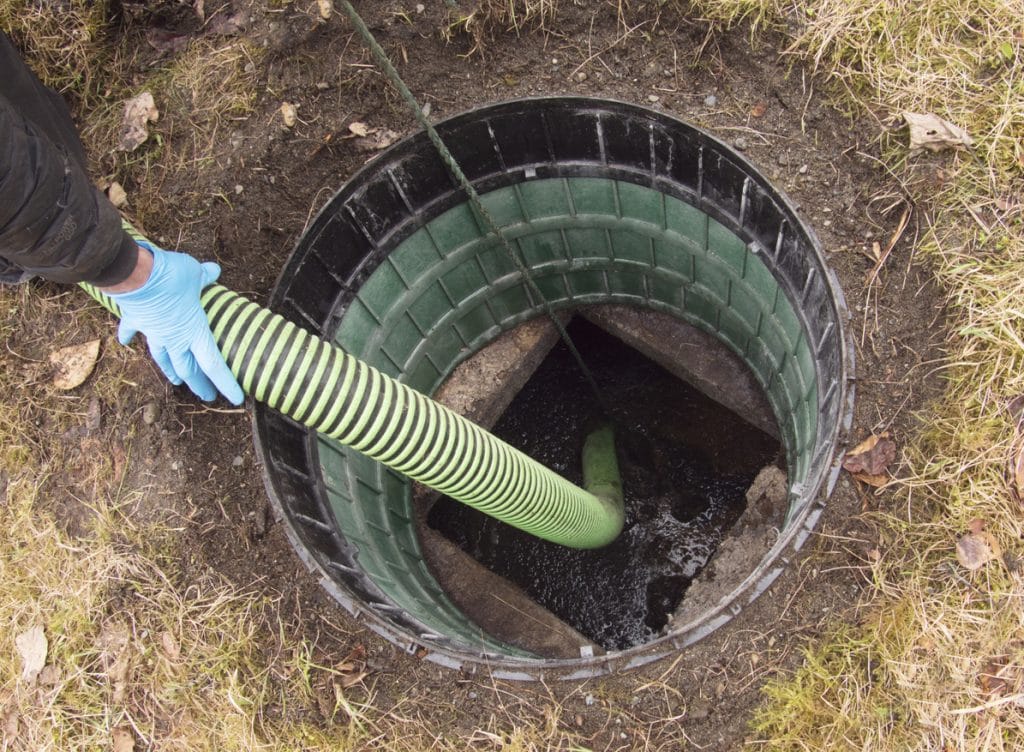
Temperature and Moisture's Impact on Outdoor Septic Odors
Outdoor septic system odors can be a major nuisance, affecting the enjoyment of outdoor spaces and causing social embarrassment. While malfunctioning septic systems are the primary culprit, environmental factors like temperature and moisture play a crucial role in exacerbating these unpleasant smells. Understanding this interplay is essential for both homeowners and septic system maintenance professionals to effectively manage and mitigate odors.
The Role of Temperature
Temperature directly influences the rate of bacterial decomposition within the septic tank and leach field. As temperature increases, bacterial activity accelerates, leading to faster breakdown of organic waste. This accelerated decomposition can generate more gases, including hydrogen sulfide, methane, and ammonia, which contribute to the characteristic septic odor.
Warm Temperatures and Odor Increase
In warmer climates or during summer months, elevated temperatures can trigger a significant increase in bacterial activity, resulting in a greater production of odor-causing gases. This phenomenon is particularly noticeable in areas with limited shade and direct sunlight exposure, as the septic tank and leach field may experience higher temperatures. Additionally, warm weather can lead to increased evaporation from the septic system, further concentrating odors.
Cold Temperatures and Odor Reduction
Conversely, cold temperatures slow down bacterial activity, leading to a reduction in gas production and odor. During winter months, the slower decomposition rates contribute to a less noticeable odor, although this does not indicate a lack of issues within the septic system. The slowed decomposition in cold weather can lead to a buildup of waste within the tank, which could later result in more severe odor problems as the weather warms up.
The Impact of Moisture
Moisture is another crucial factor influencing septic odor. Excess moisture in the surrounding soil can hinder the proper functioning of the leach field, leading to odor problems. The leach field is designed to filter wastewater, and excessive moisture can overwhelm the soil's ability to absorb and treat the effluent, resulting in a buildup of waste and subsequent odor release.
Excessive Moisture and Leach Field Dysfunction
Heavy rainfall, poor drainage, and poorly designed leach fields can contribute to excessive moisture levels. When the soil becomes saturated, it can't effectively filter the wastewater, leading to a backlog of waste and the release of odor-producing gases. Additionally, excessive moisture can create anaerobic conditions within the leach field, which are conducive to the production of foul-smelling gases.
Dry Conditions and Odor Intensity
While excessive moisture is a common problem, dry conditions can also contribute to odor issues. When the soil surrounding the leach field is dry, it can become more susceptible to cracking and shrinking, allowing for the escape of gases. Additionally, dry conditions can lead to a decrease in bacterial activity, potentially slowing down the decomposition process and resulting in a buildup of waste.
Managing Odor Issues
Successfully managing septic system odors requires a multifaceted approach that addresses both the underlying issues and the environmental factors contributing to the problem.
Regular Maintenance is Crucial
Regular septic system maintenance is paramount to preventing odor problems. This includes:
- Pumping: Regularly pumping out the septic tank removes accumulated solids and prevents the tank from becoming overloaded, reducing the risk of odor production.
- Inspection: Periodic inspections by a qualified septic professional can identify potential issues within the system, allowing for timely repairs and preventing further odor problems.
- Proper Use: Avoiding the disposal of non-biodegradable items like grease, hair, and chemicals into the system can prevent clogs and improve system efficiency, minimizing odor production.
Addressing Environmental Factors
Along with regular maintenance, addressing the impact of temperature and moisture is crucial. Consider these steps:
- Shade: Planting trees or shrubs around the septic system can provide shade, helping to regulate temperatures and prevent excessive heat buildup.
- Drainage: Ensure proper drainage around the septic system to prevent waterlogging and maintain healthy soil conditions. This might involve installing French drains or improving the existing drainage system.
- Aeration: Utilizing a septic system aerator can help to reduce odor by increasing oxygen levels within the tank, promoting aerobic bacteria activity and reducing anaerobic gas production.
- Odor Neutralizers: Commercial septic odor neutralizers can temporarily mask or neutralize odors, but they do not address the underlying issues causing the problem.
Conclusion
Temperature and moisture significantly influence outdoor septic system odors, often exacerbating existing problems. Homeowners and septic system maintenance professionals should understand the interplay of these factors to effectively manage odor issues. Regular maintenance, proper use, and addressing environmental concerns are essential for mitigating odors and maintaining a pleasant outdoor environment.






0 comments:
Post a Comment
Note: only a member of this blog may post a comment.